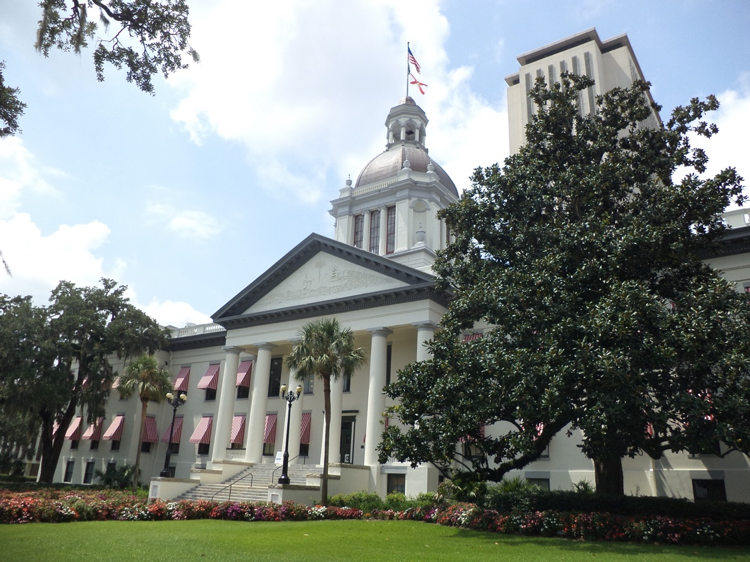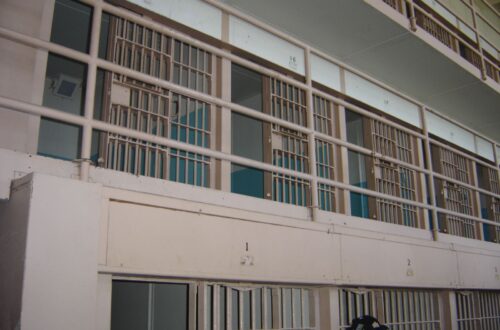In November of 2018, approximately 64% of Floridians voted in favor of Florida Amendment 4, a constitutional amendment meant to ensure voting rights for former felons.
After the decision, Governor Ron DeSantis, R-FL., decided that the amendment needed the Florida State Legislature to pass legislation for it to take effect.
This led to Florida Senate Bill 7066, which had the main elements of Amendment 4 but also required those convicted of a felony to complete “all terms of sentencing,” including complete payment of any fines or fees from the conviction before they earn back their right to vote.
Signed in 2019 by DeSantis, the requirement in the bill left up to 900,000 former felons unable to vote in the 2020 presidential election.
According to a study by the Sentencing Project, a non-profit organization dealing with criminal justice reform, Florida leads the country in voter disenfranchisement with a total of 1.1 million people not being able to vote often because they are unable to pay their court-ordered fees or because the state is not required to tell them exactly how much they owe.
The state not telling former felons if they owe anything creates an additional problem for them. If someone owes the state money but is unaware of it, then they are ineligible to vote. Therefore, if they try to vote they can be charged for a crime again, since voting while being ineligible is a felony and can send them back in prison for another five years.
This is surprising for most as many thought that the majority vote in favor of Amendment 4 would be a turning point in ending voter disenfranchisement.
The new requirements of Amendment 4 have had a disproportionate impact on counties with a high Black population such as Gadsden County, where over half of the population is Black and at least one in five new voters is a convicted felon.
In response to this, the Florida Rights Restoration Coalition, which has tried for years to get the amendment on the ballot, started a Fines and Fees Fund in 2019 aiming to offer attorneys to those who need to figure out if they still owe money to the state since Florida does not have any system where that answer is readily available.
“We won’t stop until all… impacted by Amendment 4 have had those barriers removed,” said director Neil Volz.
While many nonprofits are noticeably frustrated with this text change, others do feel optimistic about the direction the amendment is going.
“Clearly it’s not one fell swoop that many Amendment 4 backers hoped for,” said Dan Smith, a political science professor at the University of Florida. “But it’s a movement in the right direction… to get every one of those eligible citizens in Florida registered to vote.”
Featured image: The Florida State Capitol in Tallahassee. Unmodified photo by Michael Rivera used under a Creative Commons license. (https://bit.ly/34qlRsZ)
Check out other recent articles from the Florida Political Review here.





